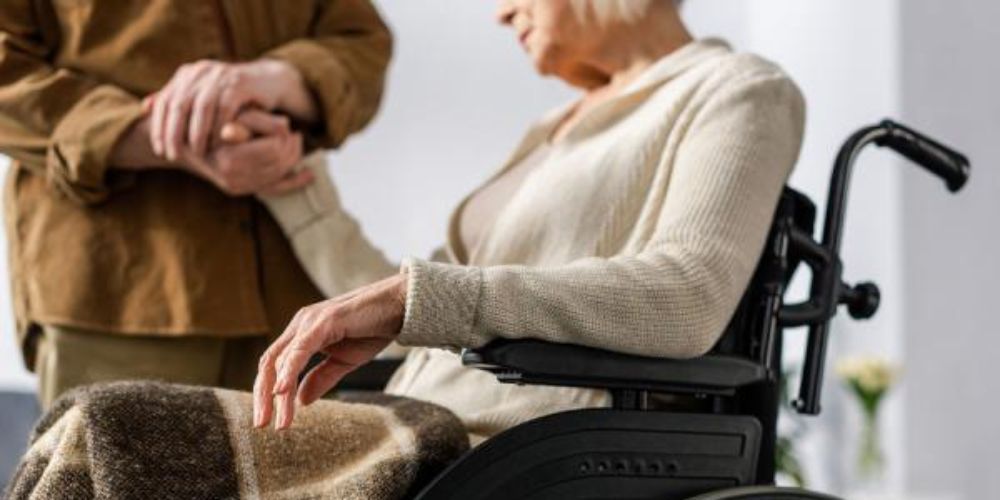Do I Qualify for Widow or Widower's Benefits?
Losing a spouse is undoubtedly one of life's most challenging experiences, and during such times, you need all types of support to make ends meet. One of which is the widow or widower’s benefits which can provide much-needed financial support after the loss.
In this guide, we’ll walk you through everything you need to know about widow or widower’s benefits.
Eligibility Criteria
Widow or widower benefits, provided by the Social Security Administration (SSA), are designed to offer financial assistance to individuals who have lost their spouses.
To qualify, you must meet the following criteria.
Age
Spouses or surviving divorced spouses typically must be age 60 or older (age 50 if disabled) to receive full benefits. Early benefits are available before that, but they are reduced until you reach full retirement age. However, if you care for the deceased's child who is under 16 or disabled (receiving child's benefits), you can access benefits at any age.
Relationship with Deceased
Spouses must have been married to the deceased for at least nine months before their death to qualify. That is unless the deceased’s death was caused by an accident or military service. Disabled and unmarried children under 18 (19 if still attending school) can also receive benefits.
Parents at least 62 years old can also receive benefits as long as they prove to be dependent on the deceased worker.
Work History of the Deceased
The deceased must have enough work credits to qualify. This is determined by age and can range from as low as six to 40 credits in three years before their death. Workers can earn up to 4 credits per year. The amount of benefits you receive is based on the deceased worker's average lifetime earnings and certain disability or early retirement situations may also affect eligibility.
Social Security Administration (SSA) Guidelines
Documents Required
When applying for widow or widower's benefits, having the right documents is crucial. Commonly required documents include:
- Proof of the deceased worker's death (ie. death certificate)
- Proof of your identity and relationship to the deceased
- Birth certificate
- Marriage certificate
- Your and the deceased’s Social Security number
- Dependent children's birth certificates or Social Security numbers
- W-2 forms or self-employment tax returns for the deceased worker
- Bank account information
- Application Process
Applying for widow or widower's benefits is a straightforward process and you can do it even at home.
- Go to the official Social Security Administration website.
- Log in to your account and select the option to apply for survivor benefits. If you don't have one, create one via “my Social Security” account to access your Social Security information and make the application process smoother.
- Fill out the online application form by providing your personal information and uploading the necessary documents.
- Before submitting, double-check all the information. Once submitted, you'll get a confirmation number from the SSA, which you can use to track your application's status.
- Now, be patient. The SSA will review your application, and it usually takes several weeks to a few months.
You can also apply in person or by phone call. To schedule an appointment, you can visit your nearest local Social Security office or contact their toll-free number 1-800-772-1213.
Common Questions and Concerns
- Can I receive widow or widower's benefits if my spouse does not have Social Security benefits?
Yes, you may still be eligible for benefits based on other factors, such as your spouse's work history or entitlement to certain benefits like VA benefits or pension funds.
- How does remarriage impact my eligibility for widow or widower's benefits?
Remarrying after age 60 won't affect your benefits, but before that, it forfeits the benefits.
- Can divorced individuals qualify for widow or widower's benefits?
Divorced spouses can qualify for Social Security's Surviving Divorced Spouse Benefits if they’re at least 60 years old and have been married for at least 10 years.
Conclusion
Losing a spouse is emotionally devastating and can be financially destabilizing. Applying for widower's benefits offers crucial support during this difficult time. They can help fill the income gap left by your spouse's absence, providing for essential needs and alleviating some financial stress.
Need legal assistance? Get in touch with Eric R. Hunt Attorney today.











